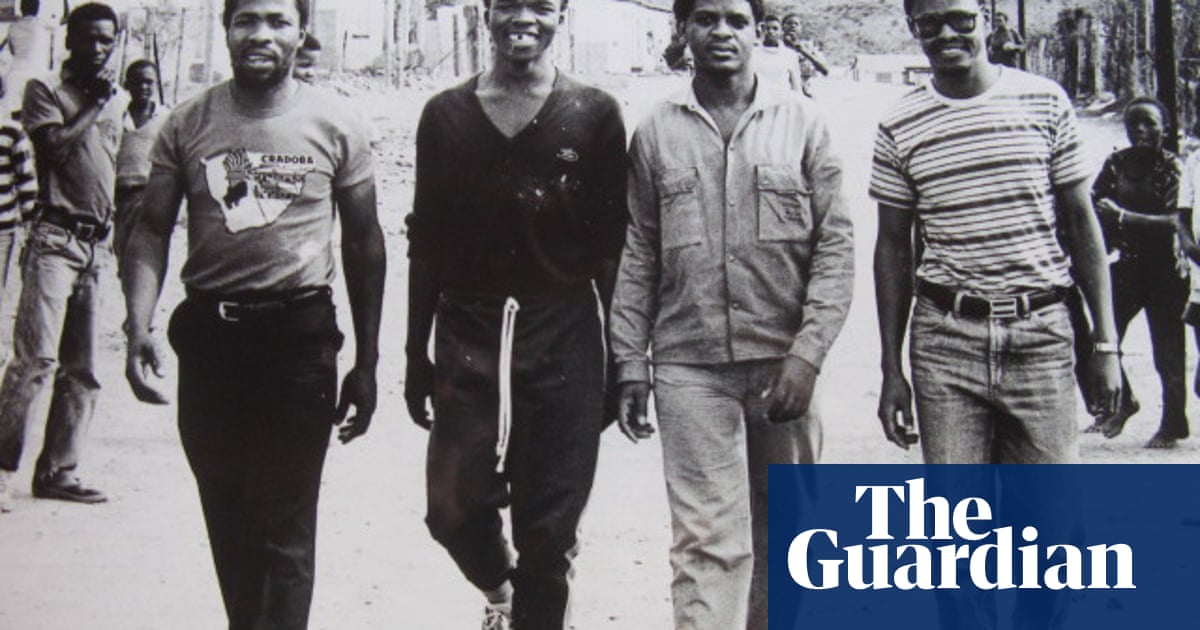South Africa’s president,Cyril Ramaphosa, is setting up an inquiry into whether past ANC governments interfered with the investigation and prosecution of apartheid-era crimes, amid criticism from the families of victims.
A group of 25 relatives and survivors of apartheid-era deaths and violencesued the governmentin January, claiming that interference from “the highest levels of government” blocked investigations into cases referred to the National Prosecuting Authority by the Truth and Reconciliation Commission (TRC).
On Wednesday, the presidency said in a statement: “Allegations of improper influence in delaying or hindering the investigation and prosecution of apartheid-era crimes have persisted from previous administrations.
“Through this commission, President Ramaphosa is determined that the true facts be established and the matter brought to finality … President Ramaphosa appreciates the anguish and frustration of the families of victims, who have fought for so many years for justice.”
The families suing the government include those of four men known as the Cradock Four, who were beaten, strangled with telephone wire, stabbed and shot to death inone of the most notorious killings of South Africa’s apartheid era.
In 1999, the country’s Truth and Reconciliation Commission (TRC) denied six security officers amnesty for their role in the killings of Fort Calata, Sparrow Mkonto, Matthew Goniwe and Sicelo Mhlauli. The officers were never prosecuted and are all now dead.
The families criticised Ramaphosa’s decision that an inquiry should assess their claims for “constitutional damages” – their high court case asked for 167m rand (£7.3m) to fund further investigations and litigation, as well as memorials and public education – and said that their rights were violated.
They said in astatementthat an inquiry would have no authority over these areas and would only be able to offer advice. “This fundamental shortcoming was pointed out to the president’s legal team, as well as the fact that it will likely result in the issues remaining unresolved for years. This will perpetuate the pain and trauma that the families and survivors have experienced for many years.”
South Africa’s governments have been led by the African National Congress party of Nelson Mandela since the end of apartheid over 30 years ago.
In March, Thabo Mbeki, who was president from 1999 to 2008, and the former justice minister Brigitte Mabandla applied to intervene in the families’ high court case. Mbeki hasrepeatedly deniedinterfering in decisions to prosecute apartheid-era cases.
